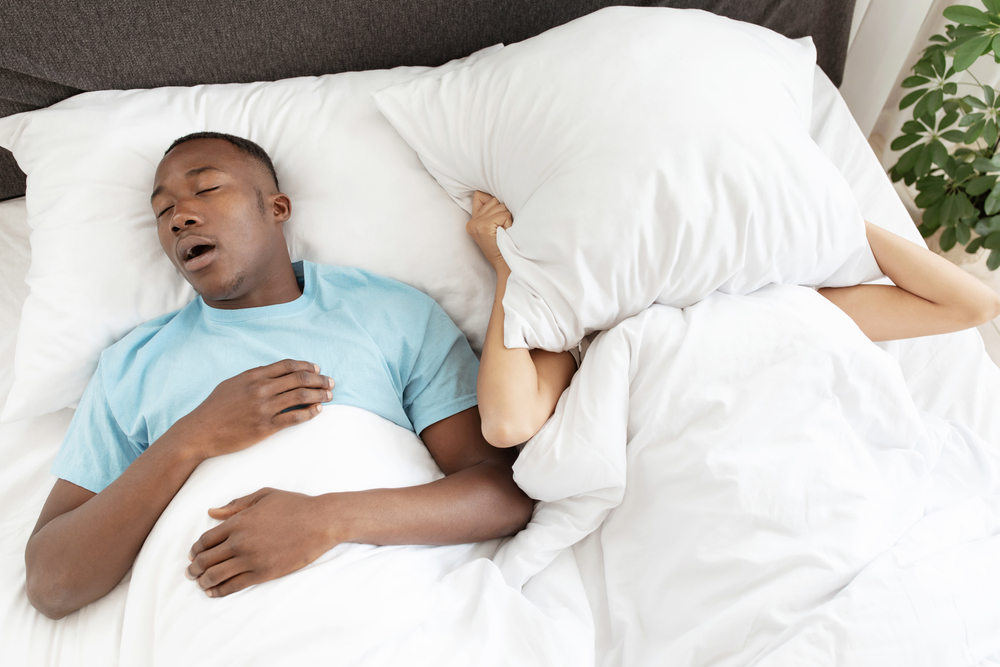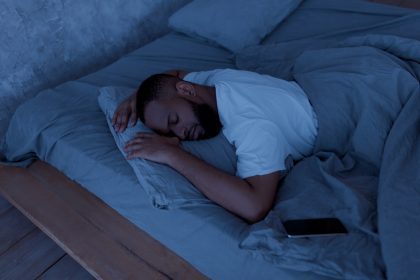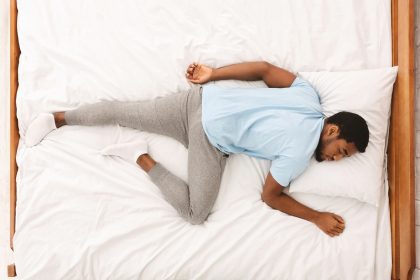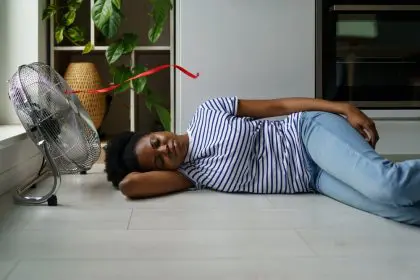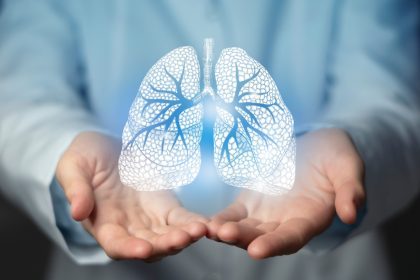A bizarre new health trend has caught the attention of wellness enthusiasts worldwide people are taping their mouths shut while they sleep. Yes you read that right. While this might sound like something from a horror movie proponents swear by its benefits. But before you reach for the tape let’s dive into what medical experts really think about this controversial practice.
5 surprising claims about mouth taping
- Supporters of this trend believe taping their mouth shut during sleep forces them to breathe through their nose potentially filtering out harmful particles and properly humidifying the air they breathe.
- Some practitioners report waking up with fresher breath and claim the practice has improved their oral health significantly over time.
- Enthusiasts suggest that mouth taping can help tighten the jawline though medical experts remain skeptical about this particular benefit.
- Proponents argue that nasal breathing during sleep might help lower blood pressure and improve overall cardiovascular health.
- Many users report reduced snoring and claim they wake up feeling more refreshed than ever before.
What actually happens when you tape your mouth
When you force your body to breathe through your nose several physiological processes come into play. Your nasal passages naturally filter warm and humidify the air before it reaches your lungs. However forcing this breathing pattern through artificial means raises serious concerns among medical professionals.
The medical community speaks out
Sleep specialists and dentists express significant reservations about this trending practice. While nasal breathing offers natural benefits the artificial restriction of your mouth during sleep could pose unexpected risks. Medical professionals emphasize that breathing patterns during sleep are complex and shouldn’t be artificially manipulated without proper medical supervision.
Hidden dangers you need to know
The risks associated with mouth taping extend beyond mere discomfort. For individuals with sleep apnea or nasal obstruction this practice could potentially become dangerous. Restricting your primary airway during sleep might lead to serious health complications particularly if you have underlying respiratory conditions.
Your body’s natural breathing patterns
Understanding how your body naturally manages breathing during sleep is crucial. Your respiratory system automatically adjusts between nasal and oral breathing based on various factors including position allergies and overall health status. Interfering with these natural patterns might disrupt your body’s automatic responses.
Safe alternatives for better sleep
Instead of reaching for tape medical experts recommend several proven methods to improve sleep quality and breathing patterns. Nasal strips specialized pillows and proper sleep positioning can help enhance nighttime breathing without the risks associated with mouth taping.
When to seek professional help
If you’re experiencing breathing difficulties during sleep consulting a healthcare provider should be your first step. They can properly evaluate your symptoms and recommend appropriate treatments that address the root cause of your concerns.
The science of sleep breathing
Research shows that while nasal breathing offers certain benefits the body naturally alternates between nasal and oral breathing during sleep for good reasons. This natural variation helps maintain optimal oxygen levels and responds to changing needs throughout the night.
Making informed decisions about your sleep
Before trying any new sleep-related practice it’s essential to consider the potential risks and benefits. While social media trends might seem appealing proven sleep hygiene practices often provide safer and more effective results.
Remember while the idea of improving your sleep through simple solutions is attractive some trending practices might do more harm than good. Instead of following viral trends focus on established methods for better sleep quality including maintaining a consistent sleep schedule creating a comfortable sleep environment and addressing any underlying health concerns with medical professionals.
The bottom line? While mouth taping might seem like a quick fix for sleep-related issues the potential risks outweigh the unproven benefits. Working with healthcare providers to develop a safe and effective sleep strategy will likely lead to better long-term results without compromising your safety.
If you’re struggling with sleep-related issues consider discussing your concerns with a sleep specialist who can provide personalized recommendations based on your specific needs and medical history.

